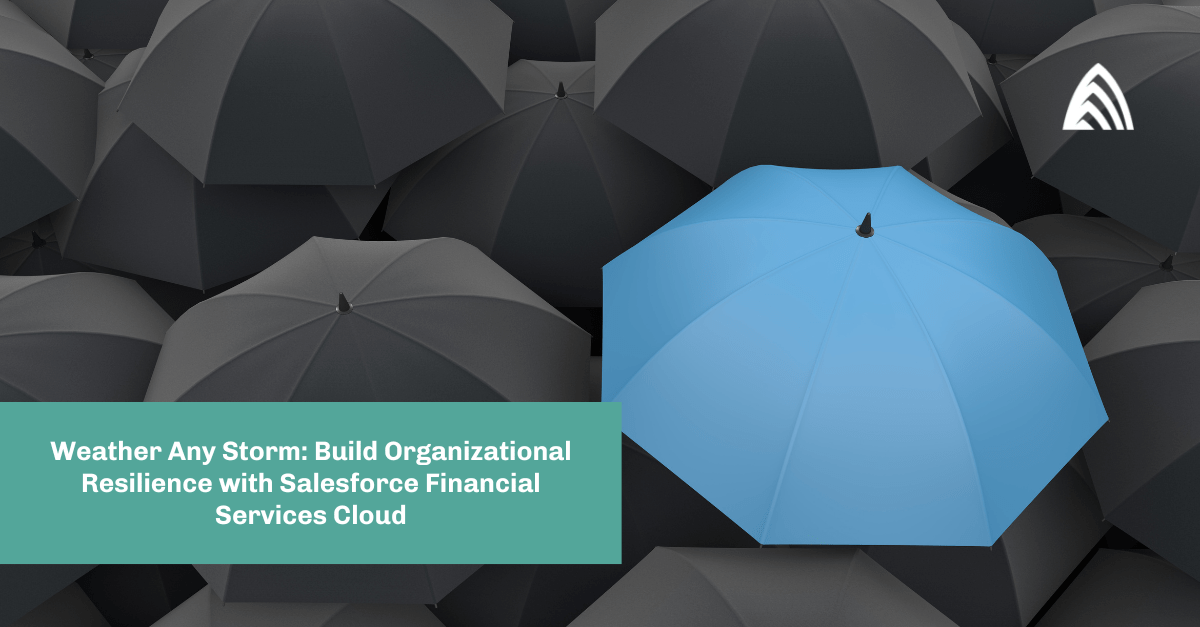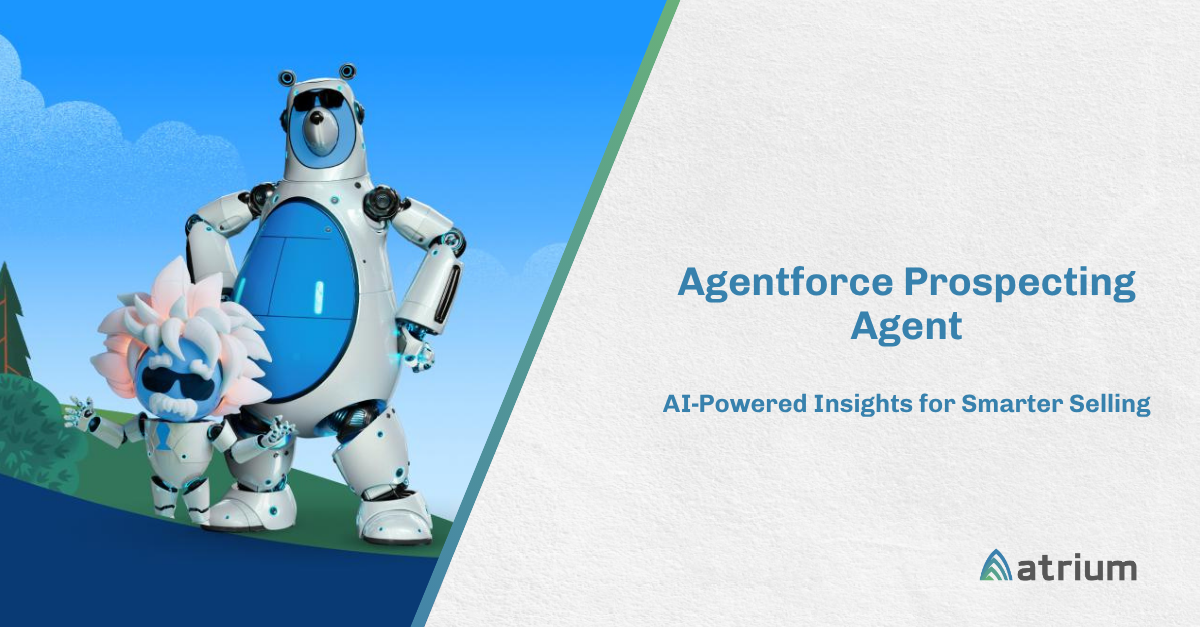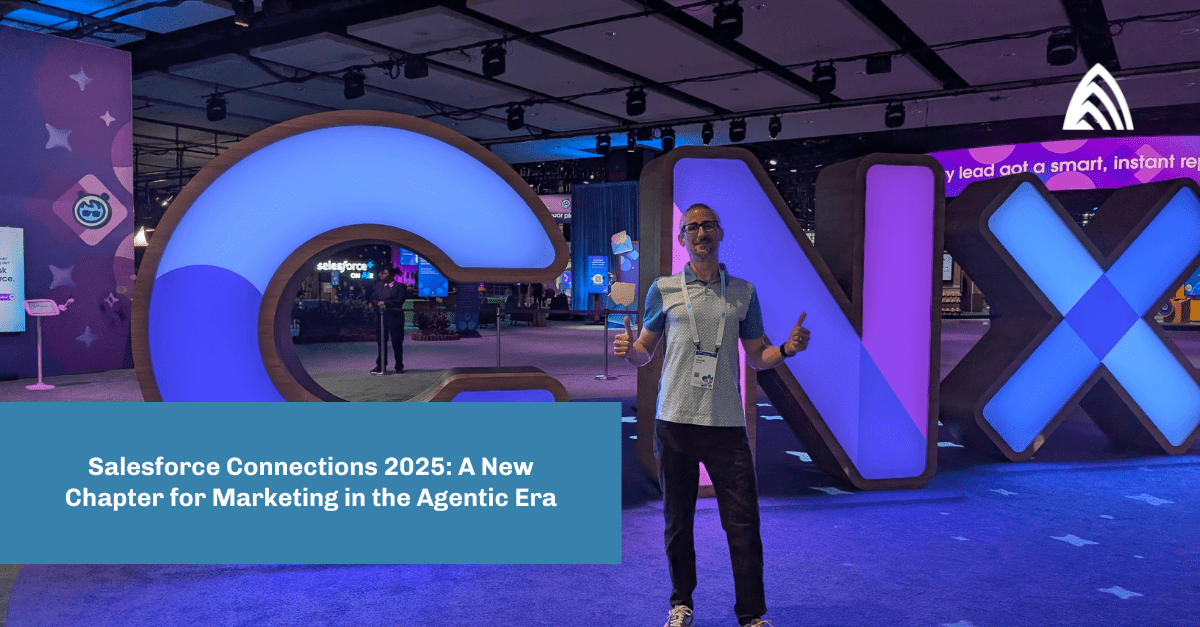Tableau Cloud, formerly known as Tableau Online, represents Salesforce’s next generation of the Tableau analytics platform. It includes innovations to boost productivity by quickly delivering intelligent, powerful, easy-to-use analytical tools to help anyone uncover insights and confidently make data-driven decisions.
According to Tableau, 70% of new customers choose Tableau Cloud over an on-premise or hybrid solution to enable their analytics. Tableau also continues to offer self-managed solutions and is committed to providing customers flexibility in the options they need, including a hybrid model.
Why Tableau Cloud?
Tableau Cloud’s primary benefits can fall into one of three categories, all of which translate into a faster time to value and lower total cost of ownership:
- Security
- Performance
- Upgrade experience
What Tableau Cloud can offer an organization also varies with its size, analytical maturity, and where, if anywhere, it is in its Tableau journey. Tableau partners like Atrium can assess and guide your organization in determining whether the cloud platform is right for you or if another approach suits your needs better — and assist you on a potential Tableau Cloud migration.
Security
Apache Log4j2. PostgreSQL end-of-life. Exposed OAuth IDs and client secrets. If you were a Tableau Online (now Tableau Cloud) customer at the time, your experience with these vulnerabilities was likely very different than those of on-premise Tableau Server customers. Tableau Cloud patched these vulnerabilities seemingly overnight. Customers running their Tableau Server saw their IT teams and admins carry out one or more upgrades, patches, processes to follow, etc., several times.
A personal favorite feature is how much easier Tableau Cloud makes it to access your data via its Tableau Mobile app without sacrificing security but giving up the need to be slowed up by VPNs, mobile device management, etc.
Performance
Tableau Cloud’s AWS-based infrastructure offers 99.9% uptime and cloud-native integrations, with high-availability and enterprise-grade disaster recovery. Tableau Cloud automatically scales with you, freeing up IT and admin resources to focus their efforts on areas that deliver more value.
Salesforce’s faith in its engineering teams is so great that the paid-support options offered for Tableau are at a steeply discounted rate compared to self-managed Tableau Servers, and customers who have switched to Tableau Cloud see significant declines in their internal support requests.
Upgrade Experience and New Features
For those who value both Tableau’s constant innovation and rapid resolution of security issues, there is no comparison between the upgrade experience for Tableau Cloud and on-prem Tableau Server.
Tableau Cloud offers zero-downtime upgrades and is always current, driving speed to insights with the ability to scale rapidly at what is generally a lower cost of ownership. Some cloud-native features make it easier to access other cloud-based resources, and others, like Salesforce authentication, make for a better analytics experience.
Suppose you’re looking to migrate an existing on-prem Tableau Server deployment but have not yet fully committed to a cloud strategy. In that case, Tableau Cloud can help ease you into moving your analytics into the cloud without infrastructure vendor lock-in.
Announcements from Tableau Conference 2022 (aka #data22)
Features Coming to Tableau Cloud from Tableau Server
One exciting feature we look forward to is the ability to embed Tableau dashboards in public-facing websites. This previously involved using Tableau Public or an expensive core-based deployment while making your Infosec team extremely nervous.
The ability for a single client to manage multiple sites was also announced, along with a feature only available to Tableau Cloud.
Lastly, Customer-Managed Encryption Keys will help you meet organizational compliance standards and add a layer of protection for your data. When combined with Advanced Management, which provides detailed event data to track how individuals are using Tableau and enables permission auditing, Tableau Cloud will make some excellent strides in the customized security governance experience.
A Few Tableau Cloud-only Innovations
This year, one general theme we saw at Tableau Conference was new features either being Cloud-only or introduced first in Tableau Cloud and to follow later in Tableau Server. Among those, the most interesting were:
- Model Builder brings the proven Einstein Discovery experience fully within Tableau. Previously, even with Einstein Discovery in Tableau, individuals still had to build models and create predictions on the traditional Salesforce platform. Now, Tableau users will be able to create their own without leaving Tableau Cloud.
- Data Stories adds automated plain-language explanations to Tableau dashboards at scale, helping customers understand and interact with data faster. This feature offered some intriguing abilities to tweak elements of the story, like verbosity and color, and I hope it will improve accessibility.
- Site-specific locations are another exciting feature available only to Tableau Cloud. While both Tableau Server and Tableau Cloud will be able to manage multiple sites on a server, only Tableau Cloud will allow an admin to select the site’s geographic zone, potentially helping with regulatory compliance and performance.
Start, Stay, or Get Going On Your Tableau Cloud Migration?
As a Tableau partner with years supporting businesses through systems evolution, the Atrium team knows that Tableau Cloud is a must for those just starting their Tableau journey, already working deeply with a cloud data infrastructure like Salesforce or Snowflake, or wanting to invest in producing insights and data culture instead of managing a deployment. While Tableau Cloud will not address poor design, it might free up resources to help enablement and coaching. Existing Tableau deployments with smaller user bases (<100 users) should absolutely migrate to Tableau Cloud, or at least consider it.
On the other hand, Tableau Server is currently required for PCI or HIPAA compliance, cloud-averse entities, or those with significant investment and technical debt with an existing large deployment. Tableau Server allows for more intense auditing and compliance monitoring. A dedicated Tableau team also allows knowledgeable admins to finely tune the deployment to the organization’s needs and maintain complete control over things like server backups. Customers with large IT teams but minimal Tableau Server support should consider migrating to avoid a dreaded “the person that deployed Tableau left” scenario.
One last scenario exists, in which some organizations might be candidates for hybrid deployments. They are likely to answer most questions with “it depends.” Hybrid deployments can be used to chip away at existing technical debt, replace shadow analytics IT, and create a better self-service community. We typically see a hybrid deployment when usage and needs vary significantly within an organization.
Needs vary by organization. From assessment and rationalization, to content migration and configuration and set up, we’re here to help you evaluate which paths are available to you and best suit your organization — whether it’s a Tableau Cloud migration or something else. Learn more about our Tableau consulting services.








